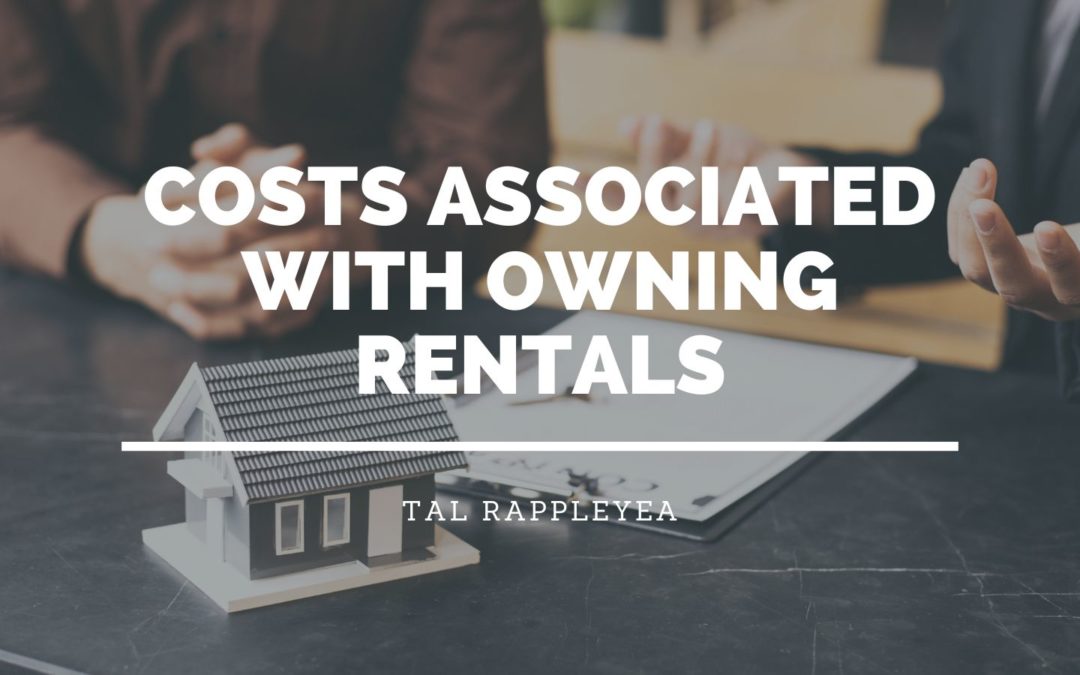Many think investing in rental property is a great way to achieve financial freedom. However, this isn’t a straight-off investment. It requires a careful understanding of the various expenses involved in owning a property.
Even though it’s one of the most accurate investments an investor can make, many people fail to realize how much they should allocate to a rental property when they first start. This article will discuss the various expenses associated with owning a rental property, and we’ll provide clear examples of how to budget for them.
Purchase Cost
Before you start investing in real estate, it’s essential that you first consider the purchase cost. Usually, an investment property requires a larger down payment than an owner-occupied home. If you’re planning on renting your property, you’ll need to make a down payment of around 20%. A variety of mortgage calculators can help you estimate the monthly payments of a rental property.
Taxes and Fees
As a rental property owner, you’re responsible for paying taxes on the property. These taxes typically go higher than those charged for individuals who live in their homes. You won’t be eligible for homestead exemption, so this increase might be something that you didn’t anticipate.
You should also check your cash flow to avoid getting into a situation where you have a negative cash flow. Even though you’re renting the space, you might be able to take advantage of tax breaks if you’re a rental property owner. It would help if you spoke with an accountant to ensure you don’t get caught off-guard.
Maintenance Issues
Apart from collecting rent, rental property owners also have to maintain and fix the condition of their rental units. This can involve issues such as a leaking roof, electrical installation, and heating and plumbing. From the beginning, it’s important to ensure that your rental property is in good condition. Investing in the necessary repairs will allow you to avoid additional expenses in the long run.
Property Insurance
Property insurance can be easily calculated and is typically 25% more expensive than the cost of a standard insurance policy. Before shopping around for a property insurance policy, you must speak with your local insurance company to get a quote. If you’re planning on getting property insurance, you must get multiple quotes from different companies. You should compare their prices and terms to find the best deal.
Pre-Renting Fees
Doing background checks on potential tenants can also help you identify potential problems. However, this process can cost you extra money. It’s essential to be safe when it comes to renting, as it’s possible that you’ll end up with bad tenants. Having bad tenants can cause you unexpected expenses.
